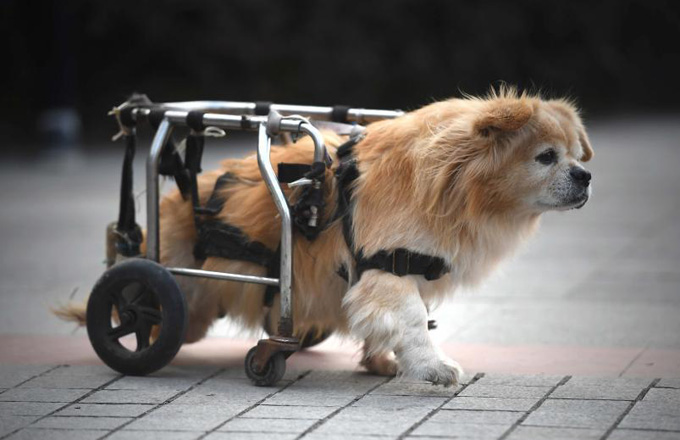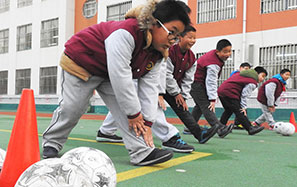Living in space: How astronauts train, eat and work
 |
|
Shenzhou XI manned spacecraft blasts off from the Jiuquan Satellite Launch Center in Northwest China, Oct 17, 2016. [Photo by Feng Yongbin/chinadaily.com.cn] |
Challenges
China's manned spacecraft Shenzhou XI will stay in space for 33 days, the longest since the country first sent a man into the space in 2003. The mission presents more challenges in protecting astronauts' physical and mental health.
A zero-gravity environment will affect the astronauts' cardiovascular systems, and lead to muscle atrophy, weakened immunity and faster bone loss. These make the spacemen more vulnerable to disease.
To fight the negative impacts, spacemen will use treadmill and chest-expander to practice in the space lab, and wear penguin suits, which produce more tension with its elastic materials, to prevent muscles weakening.
Also, to relieve the stress of astronauts, psychologists, families and colleagues on the ground will communicate with them through video, audio or e-mail.


















